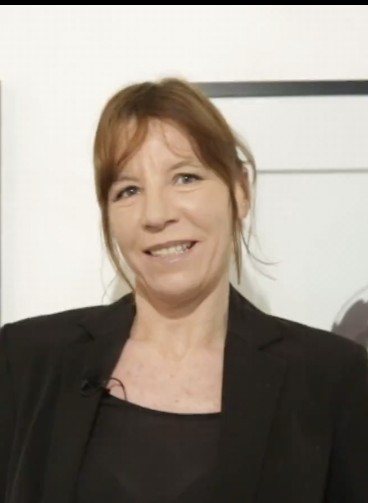NAVIGATING THE DARK NIGHT OF THE SOUL: A Guide from a Recovery Coach!
- Nikki Edwards
- Aug 6, 2024
- 4 min read

The journey of Recovery is often likened to a winding path with many ups and downs. One of the most profound and challenging phases in this journey is what many refer to as the "dark night of the soul." This is a period of deep inner turmoil, where one might feel lost, hopeless, and disconnected. As a Recovery Coach, I’ve seen many individuals face this daunting phase, and I’m here to offer guidance on how to navigate through it.
Understanding the Dark Night of the Soul
The dark night of the soul is more than just a low point; it’s a transformative process. It’s a time when old beliefs, habits, and identities are stripped away, making way for profound personal growth and self-discovery. In recovery, this can be particularly intense as you confront the root causes of addiction and the pain it has caused.
1. Embrace the Process
Understand and acknowledge that the dark night of the soul is a natural and necessary part of the recovery journey. It’s a sign that you are undergoing deep, meaningful change. Embrace this process, even when it feels overwhelming. Remind yourself that this darkness is temporary and that you are moving towards a brighter, more authentic version of yourself.
2. Seek Support
During this time, it’s crucial to lean on your support system. Reach out to friends, family, mentors, or support groups who understand what you’re going through. Don’t isolate yourself. Sharing your feelings and experiences with others can provide comfort and perspective. Professional support from a therapist or counselor can also be invaluable.
3. Practice Self-Compassion
Self-compassion is key during the dark night of the soul. It’s easy to be hard on yourself, but remember that you are human and that this is a difficult phase. Treat yourself with the same kindness and understanding that you would offer a loved one. Celebrate small victories and allow yourself to feel proud of the progress you’ve made, no matter how small it may seem.
4. Mindfulness and Meditation
Mindfulness and meditation can be powerful tools to navigate through this period. These practices help you stay grounded and present, allowing you to observe your thoughts and emotions without judgment. They can provide a sense of calm and clarity amidst the turmoil, helping you to connect with your inner self and gain insights into your journey.
5. Journaling
Writing down your thoughts, feelings, and experiences can be incredibly therapeutic. Journaling allows you to process your emotions and track your progress over time. It can also reveal patterns and insights that you might not have noticed otherwise. Use your journal as a safe space to express everything you’re going through.
6. Engage in Creative Outlets
Creativity can be a healing force during the dark night of the soul. Engage in activities that allow you to express yourself, such as painting, drawing, writing, music, or any other form of art. These creative outlets can provide a sense of release and help you connect with your inner world in a non-verbal way.
7. Physical Activity
Exercise is not only good for your body but also for your mind. Physical activity releases endorphins, which can improve your mood and provide a natural way to cope with stress and anxiety. Find an activity that you enjoy, whether it’s walking, running, yoga, or dancing, and make it a regular part of your routine.
8. Connect with Nature
Spending time in nature can be incredibly grounding and rejuvenating. Nature has a way of reminding us of the bigger picture and the interconnectedness of all things. Take time to walk in the park, hike in the woods, or simply sit by a lake. Let the natural world soothe your soul and provide perspective.
9. Seek Meaning and Purpose
During the dark night of the soul, you might question the meaning and purpose of your life. This is a natural part of the process. Take time to explore what truly matters to you and what gives your life meaning. Engage in activities and causes that align with your values and passions. Finding purpose can provide a sense of direction and motivation.
10. Trust the Process
Finally, trust that the dark night of the soul is leading you to a place of greater clarity, wisdom, and authenticity. Trust that you are being guided, even when the path is not clear. Have faith in your ability to navigate this journey and emerge stronger and more resilient.
Navigating the dark night of the soul in recovery is a profound and challenging experience, but it is also an opportunity for deep transformation and growth. By embracing the process, seeking support, practicing self-compassion, and engaging in healing activities, you can move through this period with grace and emerge on the other side with a renewed sense of self and purpose. Remember, you are not alone, and there is light at the end of the tunnel.
If you are needing support in navigating this difficult path please reach out to info@nikkiedwards.com or +27(0)662234240 visit my website www.nikkiedwards.com








Comments